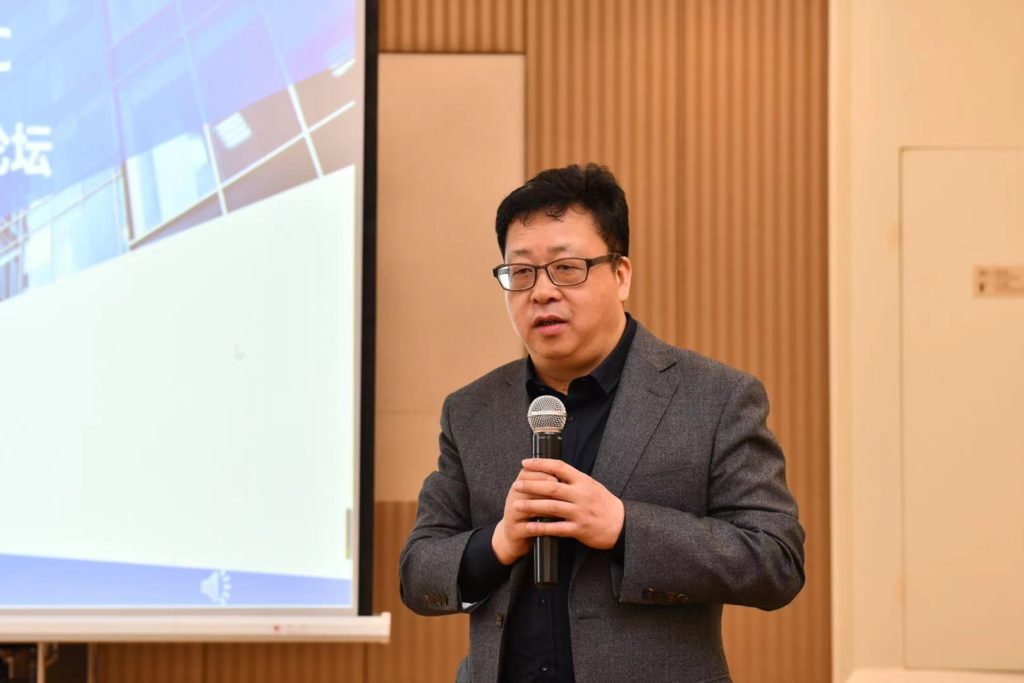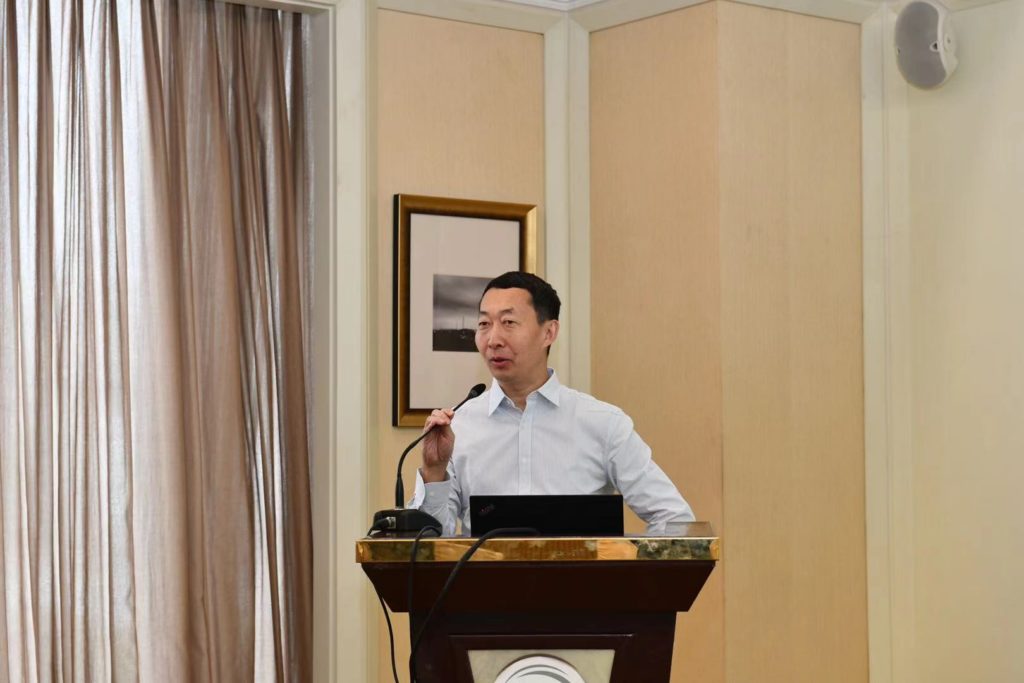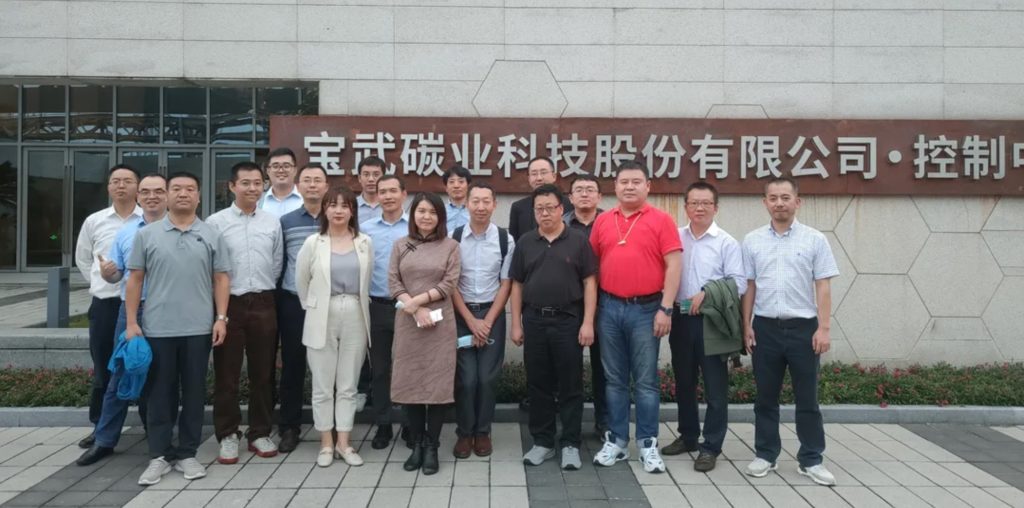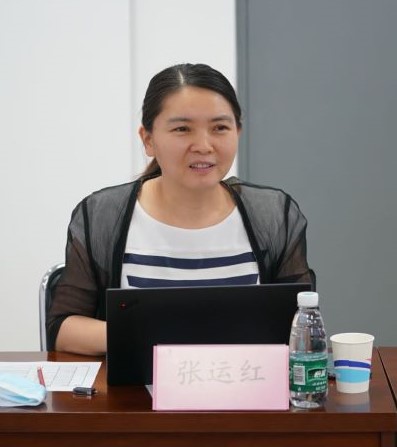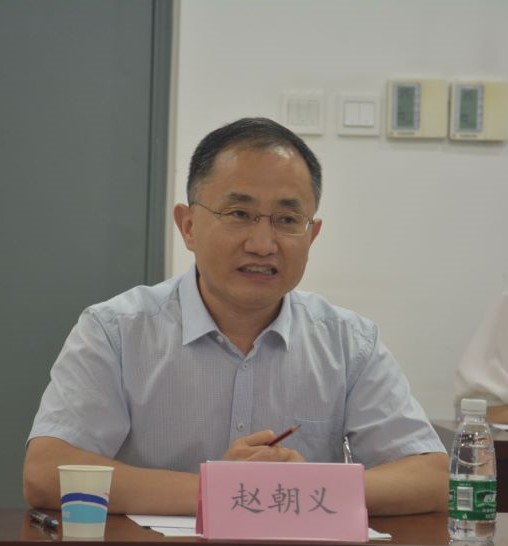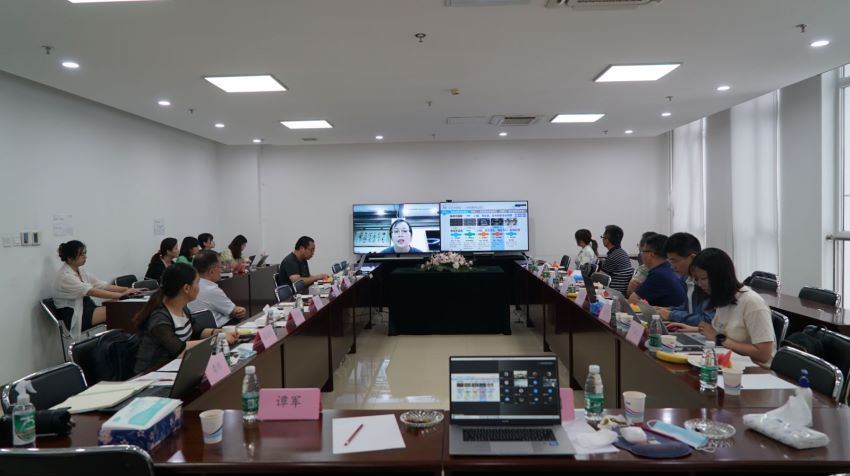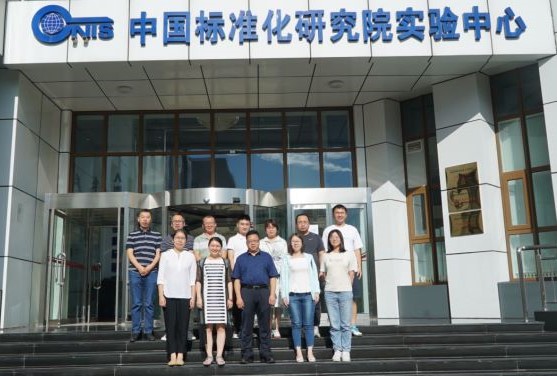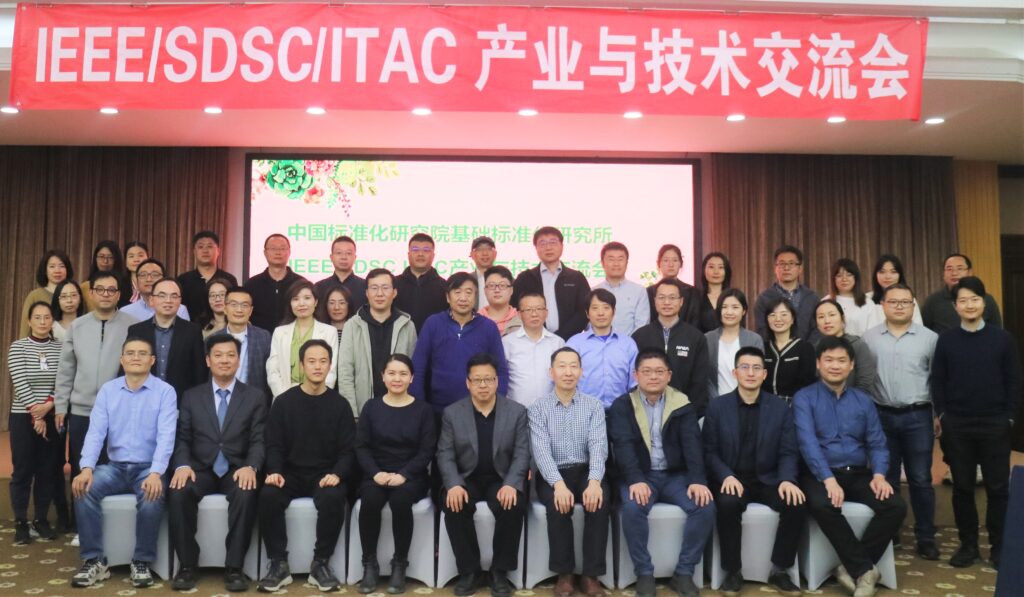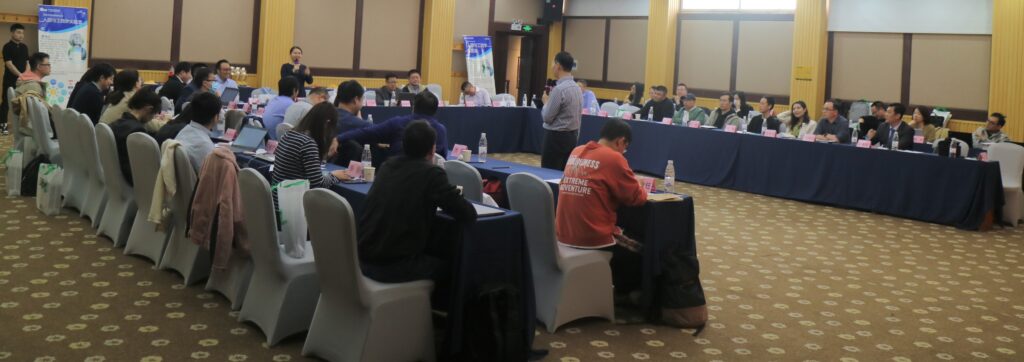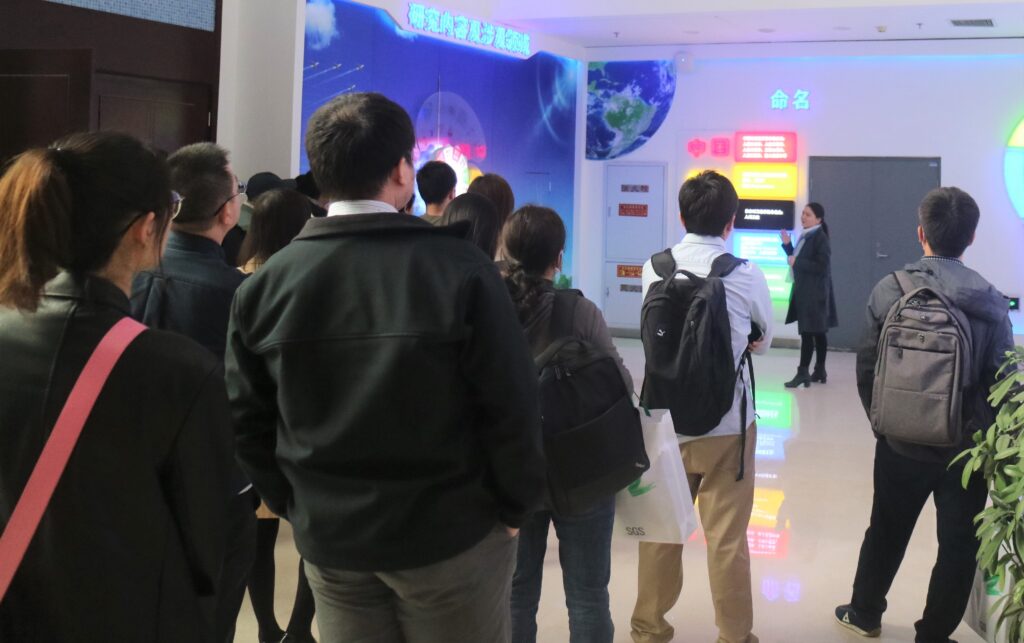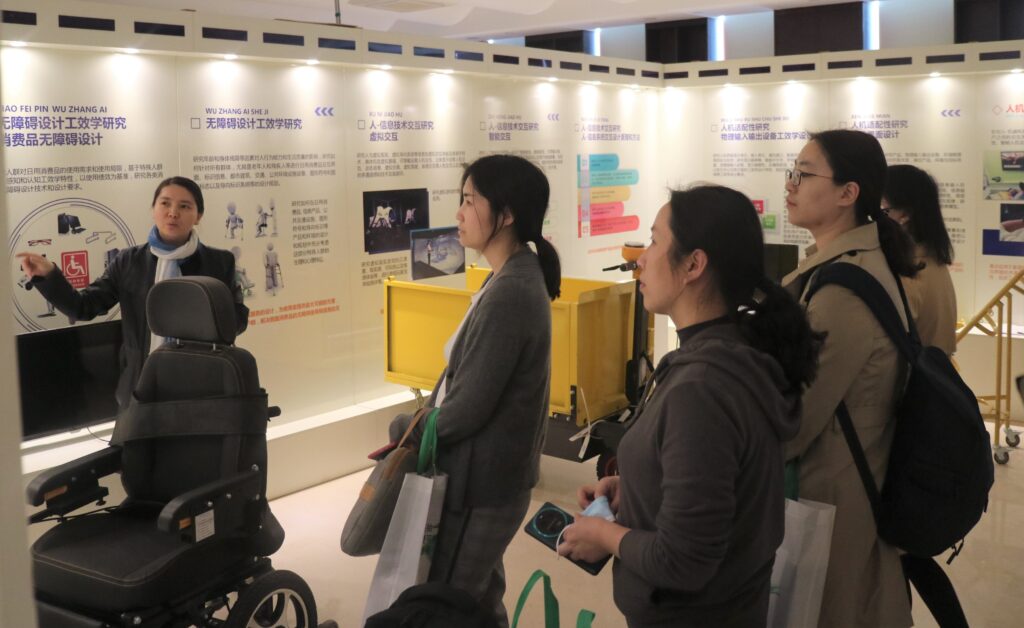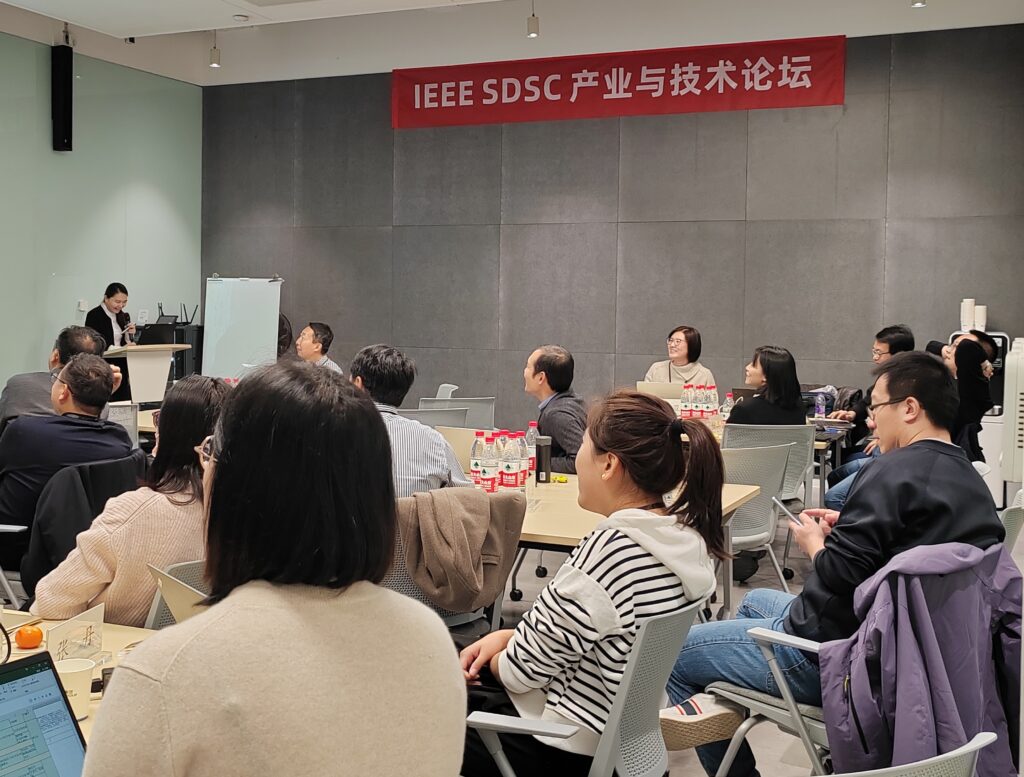The 6th IEEE P3322 standard discussion meeting has been successfully held (IEEE SDSC)
On July 18,2025, the Human Factors and Ergonomics of Intelligent Terminal Working Group led by Dr. Zhang Yunhong, director of Key Lab of Human Factors and Intelligent Interaction, State Administration for Market Regulation, China National Institute of Standardization, successfully held the 6th meeting, combining in-person and teleconference participation, from 9:30 AM to 5:00 PM (UTC+8:00). Nearly 30 experts and professors from more than 10 enterprises and institutions gathered to participate the meeting.
The meeting, presided over by Zhang Yunhong, the chairman of the Human Factors and Ergonomics of Intelligent Terminal Working Group, focused on the promotion of the development of IEEE P3322 Guide for Comfort Requirements for Extend Reality (XR) Device, and the framework of XR human-computer interaction standard is subsequently confirmed.
The meeting reviewed issues and recommendations from the previous meeting and adopted the minutes, while reiterating IEEE guidelines, including patent statements, copyright policies and participant behavior method (Individual). The participants further discussed the key issues in XR industrial design, visual comfort and human-computer interaction technology, as well as put forward many constructive suggestions. At the same time, the framework of the standard of Extended reality (XR) human-computer interaction is discussed and agreed, and the next step is deployed, which lays the foundation for the development of the new standard.
This conference not only promoted the building of consensus on XR industrial design, visual comfort, and human-computer interaction requirements, laying a solid foundation for the standardization and sustainable development of the industry, but also provided strong support and guidance for the future development of XR industry.
The Low-altitude Economy Research Group of The IEEE Smart Device Standards Committee(IEEE SDSC)was established on May , 2026.
| This research group will focus on the coordinated development of the low-altitude economy industry chain. By deepening multi-party cooperation in industry, academia, research, and application, it aims to build an integrated ecosystem for technology research and development, standard formulation, and achievement transformation. This will accelerate the deep integration of standardization and the low-altitude economy industry, helping to establish a new pattern of safe, efficient, and orderly low-altitude economic development. |  |
2025 AI Terminal & Low Altitude Industry Standardization Innovation Workshop also IEEESDSC Technology and Industry Forum Successfully held
| On May 21, 2025, under the guidance of Shenzhen Market Supervision Bureau, jointly sponsored by IEEE Smart Terminal Standards Committee, Guangdong-Hong Kong-Macao Grand Bay Area Standards Innovation Alliance, sponsored by Shenzhen Standardization Association, and co-organized by Honor Terminal Co., Ltd. and IEEE Standards Association Guangdong-Hong Kong-Macao Grand Bay Division. “Open a new industry ecosystem with intelligence , Building New Terminal Standards – 2025 AI Terminal & Low Altitude Industry Standardization Innovation Workshop also IEEESDSC Technology and Industry Forum” was successfully held in Shenzhen. More than 100 government representatives, experts from international organizations, scientific research institutions and business leaders gathered to discuss the construction of AI terminal & low-altitude industry standards system |  |
 |
 |
| The successful holding of this forum has built a high-end exchange platform for the standardization development of AI terminals and low-altitude industries, defined the development direction, and achieved fruitful results. This forum not only demonstrated the “China wisdom” of AI terminal & low-altitude industry standardization construction, but also highlighted Shenzhen’s strategic position as a global innovation source. From terminal grading to low-altitude traffic regulations, from user experience to international integration, standardization is becoming the core lever for industry upgrading. |  |
 |
 |
Shenzhen and the Greater Bay Area will continue to give full play to the advantages of innovation and industry agglomeration, accelerate the construction and improvement of the AI terminal & low-altitude industry standard system, and facilitate the healthy development of the industry. The Guangdong, Hong Kong and Macao Grand Bay Area Standards Innovation Alliance will take this meeting as a new starting point to continue to build an open, shared, win-win platform for standardization and collaboration, and innovate international cooperation mechanisms for standardization.
IEEE SDSC Industry and Technology Forum also 2025 AI Terminal & Low Altitude Economy Standardization Innovation Seminar will be held in Shenzheng in May 21th. Against the backdrop of the accelerated evolution of the global digital economy in the new era, AI terminals and low-altitude economy are becoming the core driving forces for global industrial transformation. To jointly explore the path of standardized development for AI terminals and low-altitude economy, promote innovative development in the AI terminal and low-altitude economy industries in the field of artificial intelligence, and deepen standardization cooperation, the IEEE Smart Device Standard Committee (IEEE SDSC) and the Guangdong-Hong Kong-Macao Greater Bay Area Standard Innovation Alliance plan to jointly host the “Intelligent Industry New Ecology · Building New Terminal Standards Together – IEEE SDSC Industry Technology Forum also 2025 AI Terminal & Low Altitude Economy Standardization Innovation Seminar” on May 21-22, 2025. The specific details are as follows:
Organizers: IEEE Smart Device Standard Committee (IEEE SDSC),Guangdong-Hong Kong-Macao Greater Bay Area Standard Innovation.
Alliance Co-organizers: Honor Terminal Co., Ltd., IEEE Standards Association Guangdong-Hong Kong-Macao Greater Bay Area
Branch Host:Shenzhen Standardization Association
Conference Theme:Intelligent Industry New Ecology · Building New Terminal Standards Together
Time: May 21, 2025 (Wednesday) 9:00-17:00
Seminar Venue: 24th Floor, Shenzhen Donghai Langham Place – Star Wish Hall 1 & 3 Company
Visit Time: May 22, 2025 (Thursday) 9:00-12:00 Company
Visit Venue: Honor Terminal Co., Ltd. Pingshan Factory
The IEEE SDSC Industry Technology Expert Committee (ITAC) was officially established.
On December 30, 2020, The fourth meeting of IEEE SDSC (Intelligent Device Standardization Committee) officially approved the establishment of the Industry and Advisory Technology Committee (ITAC). As a professional committee of IEEE SDSC, ITAC is positioned as a communication & discussion platform for industry experts. ITAC organizes workshops or other pre-standard activities to discuss trend of industry and technology, and provides suggestions on key areas and directions of SDSC standardization. In this way, standard projects are incubated, industry consensus is formed, and industry cooperation is promoted.
Dr. Huang Weidong, a member of the SDSC, was elected as Chairman of the ITAC, and Mr. Luo Yaoping served as Secretary-General.
Introduction of SHDWG
The full name of “SHDWG” is “Smart Home Devices Working Group”. It was formally approved by IEEE SDSC (Smart Terminal Standards Committee) on September 23rd, 2020. The group not only focuses on the establishment, formulation, review, release and maintenance of standards for smart home devices, but also embark on the technology development of domestic and international smart home devices.
The advancement of artificial intelligence technology brings the boom of smart home devices which in turn makes our life convenient and full of fun. When it comes to the devices themselves, the functions, performance and intelligence level will determine the users’ experience. How to systematically evaluate household products, effectively identify product characteristics and reasonably analyze their advantages and disadvantages have become the common needs for both customers and manufacturers. Therefore, the reason that induces us to draft relevant standards is obvious.
Inspired by above-mentioned ideas, IEEE SHDWG, based on multiple levels of software and hardware, plans to study and formulate a general evaluation method for smart home devices intelligence. The task involves seven grading directions including computing, perception, cognition, mobility, collaboration, skills and security. The relevant work will offer best practice references for both customers and manufacturers.
In addition to standard development, IEEE SHDWG is also committed to the technological innovation, standard development and industrial cooperation. It aims at fostering the communication between China and the world, and promoting collaborative innovation in the smart home devices industry.
IEEE SDSC Industry and Technology Forum (Wuxi) Successfully Held
From March 30 to 31, the IEEE SDSC Industry and Technology Forum was successfully held in Wuxi, hosted by the ITAC(Industry and Technology Advisory Committee) of the IEEE SDSC (Intelligent Terminal Standards Committee) and hosted by TTL Technology (Wuxi) Co., Ltd. Members of the IEEE SDSC Committee and experts from the SDSC ITAC attended the forum. Zuo Baochun, Deputy Director of Wuxi Industry and Information Technology Bureau, GuoGan, Chairman of TTL Technology (Wuxi) Co., Ltd., Lai Zhijing, General Manager, and about 50 representatives from TTL and Wuxi IoT enterprises, manufacturers, research institutes, and associations/academies attended the forum.
The meeting mainly introduced the background, work scope, responsibilities, and working group of SDSC and SDSC ITAC. Experts at the meeting also conducted in-depth exchanges and discussions on technical standards and development directions in fields such as artificial intelligence, industrial Internet, wearable devices, AR/VR, and human-computer interaction.
At the forum, experts from TTL of China Academy of Information and Communications Technology (CAICT) and Wuxi IoT Industry Research Institute delivered keynote speeches on the IoT industry and standards progress, IoT testing technologies, IoT testing technologies, electromagnetic interference and compatibility testing technologies, and mobile application software testing technologies.
After the forum, research activities were arranged for Wuxi IoT Innovation Promotion Center, Wuxi Zhizhi Technology Co., Ltd., and Wuxi R&D Center of Huaqin Technology Co., Ltd. Experts at the meeting had a detailed understanding of the development of the IoT industry in Wuxi, and had full exchanges with IoT enterprises in Wuxi on IoT technologies and industry applications.
The second IEEE SDSC Industry and Technology Forum (Shanghai) Successfully Held
On October 13, 2021, the second IEEE SDSC ITAC Technical Forum, hosted by the Industry and Technology Advisory Committee (ITAC) of the IEEE SDSC (Intelligent Terminal Standards Committee) and hosted by Baowu Carbon Co., Ltd. and Shanghai HGB digital technology Co., Ltd., was successfully held at Baowu Carbon Co., Ltd. headquarters in Shanghai. Members of the IEEE Smart Terminal Standards Committee and 21 experts from enterprises, government agencies, and universities gathered in the forum.


 The conference focused on several standardization project suggestions based on their research and production practices, development of smart terminals, and industry development trends. At the same time, Dr. Huang Weidong, Chair of the IEEE SDSC Industry and Technology Advisory Committee, awarded certificates to 20 newly appointed Industry and Technology Advisory Committee consultants.
The conference focused on several standardization project suggestions based on their research and production practices, development of smart terminals, and industry development trends. At the same time, Dr. Huang Weidong, Chair of the IEEE SDSC Industry and Technology Advisory Committee, awarded certificates to 20 newly appointed Industry and Technology Advisory Committee consultants.
During the conference, the experts visited the control center of Baowu Carbon Technology Co., Ltd. and spoke highly of Baowu Carbon’s successful exploration in the field of smart manufacturing and the standard R&D of AR virtual helmets from consumer to industrial scenarios.
The successful holding of the IEEE SDSC Industry and Technology Forum provides a platform for professional technical discussions among experts in various fields and facilitates business exchanges and communication among enterprises in the industry, thus achieving the goal of gathering industry consensus and deepening industry cooperation. It also provides the industry foundation for the development of IEEE SDSC-related standards.
The third IEEE SDSC Industry and Technology Forum (Beijing) Successfully Held
On July 28, 2022, the third IEEESDSC ITAC Technical Forum, jointly hosted by the Institute of Basic Standards of China Academy of Standards and Technology and the Industry and Technology Advisory Committee (ITAC) of the IEEE SDSC (Intelligent Terminal Standards Committee), was successfully held in China Academy of Standards and Technology. More than 30 ITAC experts from enterprises, government agencies, colleges and universities, and some membersof the IEEE Intelligent Terminal Standards Committee attended the forum.
The conference was held online and offline. The experts shared their experiences on IEEE standards, notes on IEEE standards work, human factors and ergonomics, graphic symbols, and statistical analysis of data. At the same time, the proposal standard of “Technical requirements and evaluation methods of driver state awareness intelligent terminal” is discussed in depth.
After the discussion, the participants visited the Key Laboratory of Human Factors and Ergonomics, Institute of Basic Standards, China Institute of Standards and Technology, and spoke highly of their achievements in human factors and ergonomics.
The successful holding of this technical forum once again provided a good opportunity for experts from various fields to discuss and exchange, achieving the goal of gathering industry consensus, deepening industry cooperation, and developing standards proposals.
The 4th IEEE SDSC Industry and Technology Conference (Beijing) was successfully held.
On April 10, 2023, the 4th IEEE SDSC Industry Technology Conference was successfully held in Beijing Heting Shanshui Hotel. With the support of Goer Co., Ltd., Tongbiao Standard Technical Service Co., Ltd. and Beijing Jinfa Technology Co., Ltd,The conference was sponsored by ITAC and the Institute of Basic Standards of China Academy of Standards and Technology. More than 50 experts from enterprises, institutions , universities and some members of IEEE Smart Terminal Standards Committee attended the conference.
At the conference, experts focused on the progress and prospects of standardization projects that have been initiated in the field of human factors, and conducted in-depth
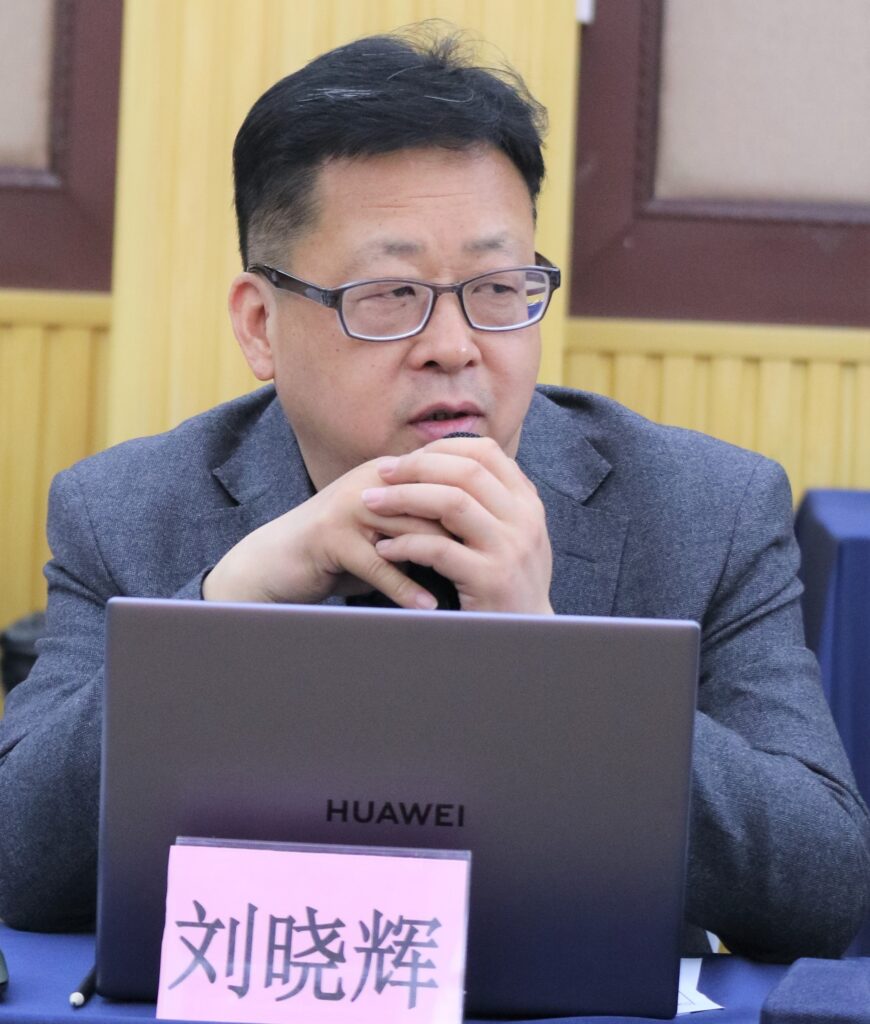
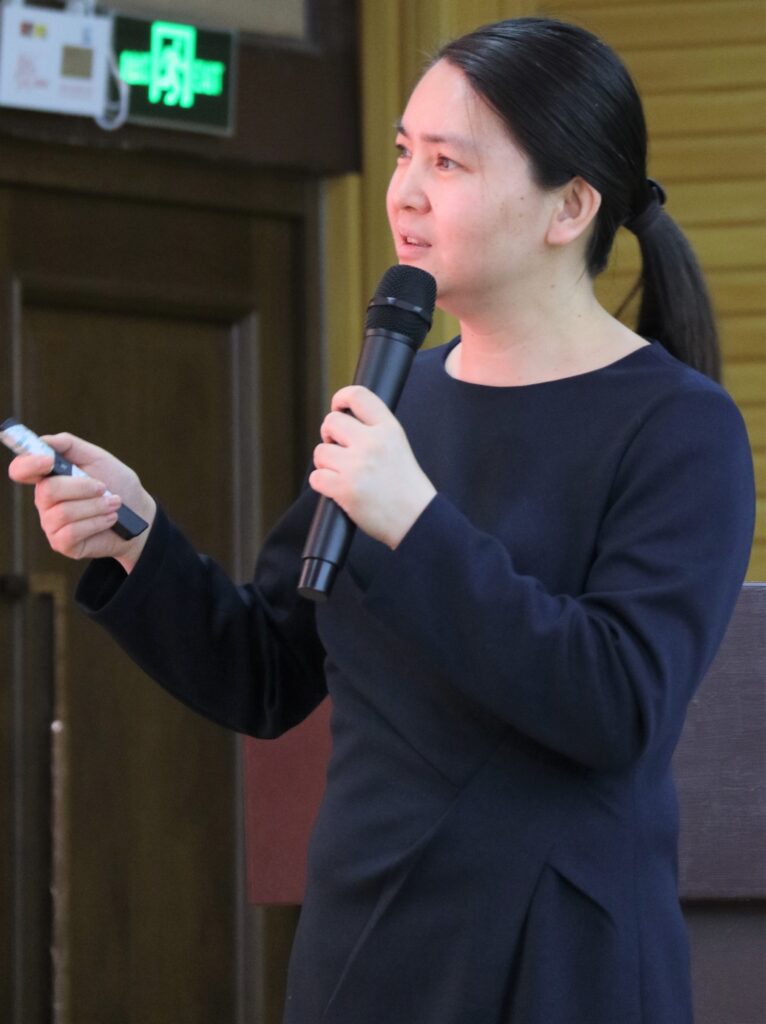
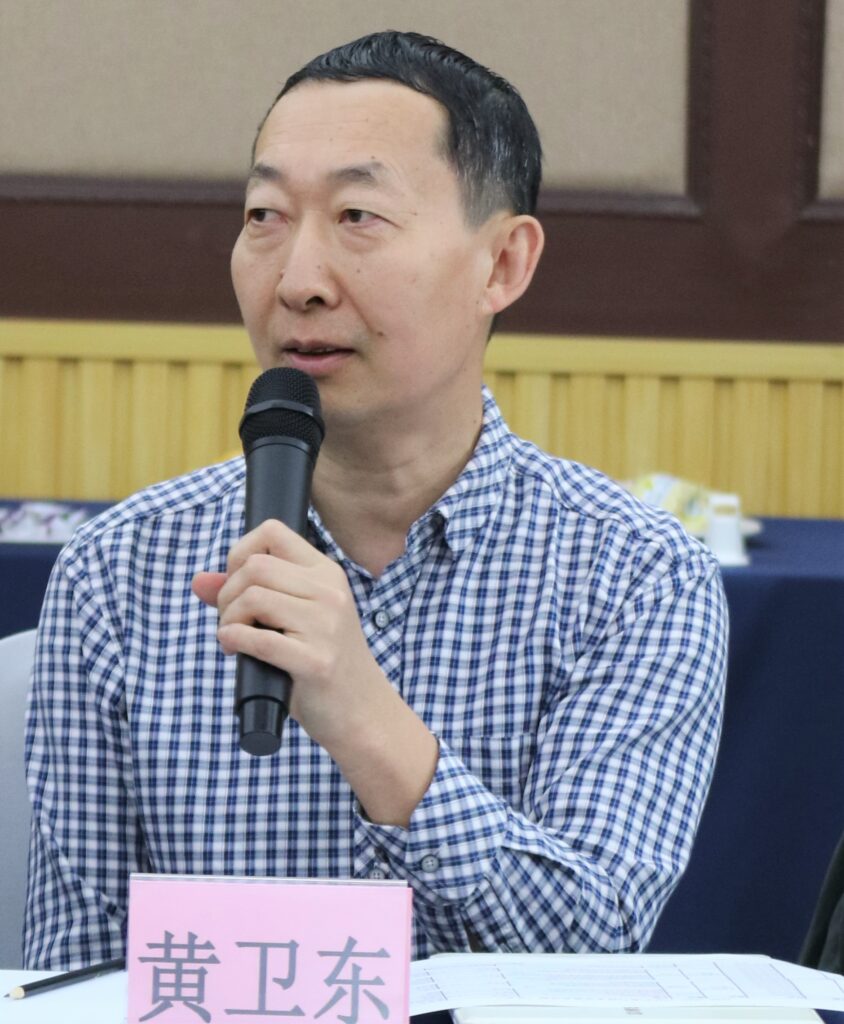
discussions on standardization opportunities thatcan be initiated in the fields of vehicle-mounted, metacosm, and AR/VR. At the same time, recommendations for standardization in the fields of biomedicine, acoustics, industrial terminals and noise reduction were discussed.
After the discussion, the experts visited the Key Laboratory of Human Factors and Ergonomics of the Institute of Basic Standardization of the Chinese Academy of Standardization.
The successful holding of the Technical Conference once again provided a good opportunity for experts in various fields to discuss and exchange, and achieved the goal of building industry consensus, deepening industry cooperation, and bred standard proposals.
The 5th IEEE SDSC Industry and Technology Forum (Hangzhou) was successfully held.
On November 30, 2023, the fifth IEEE SDSC Industry Technology Forum was successfully held in Hangzhou Ant Financial Services Group. The forum was initiated by ITAC and hosted by Ant Financial Services Group. More than 30 experts from enterprises, institutions and universities and some members of the IEEE Smart Terminal Standards Committee attended the technical forum.
At the forum, experts discussed the future development of mobile payment, human factor modeling technology, carbon neutrality, visual health and other areas of standardization opportunities. At the same time, In the APP governance, smart cockpit, intelligent noise reduction and other aspects, some technology sharing was held.
After the forum, the experts visited the exhibition hall of Ant Financial Services Group.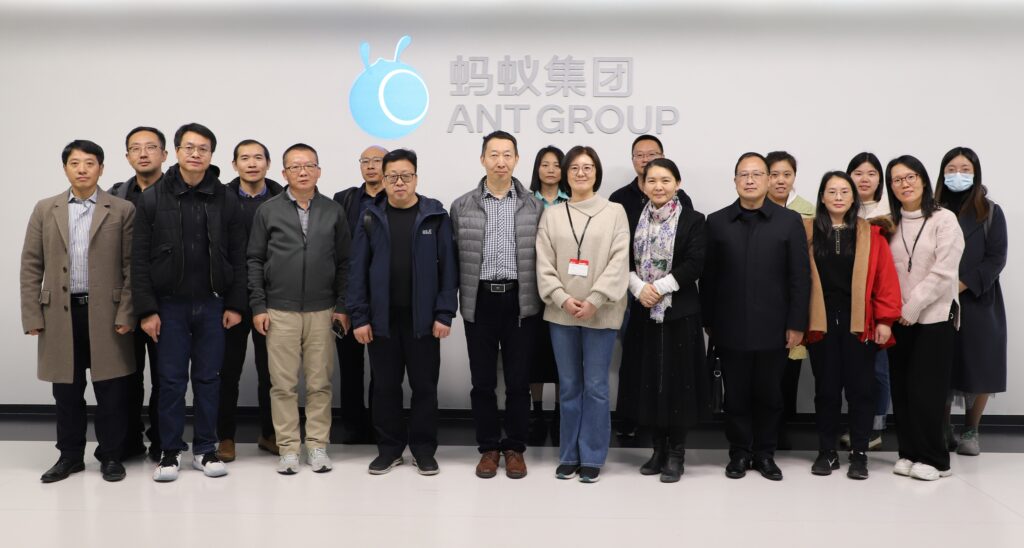
The successful holding of this technical forum once again provided a good opportunity for experts in various fields to discuss, exchange and share technologies, and achieved the goal of building industry consensus and bred standard proposals.
The Sixth IEEE SDSC Technology & industry Forum Successfully was Held in Lianbao (Hefei)
On May 29, 2024, In the meeting room on the 16th floor of the Lianbao Hefei R&D Building in the Lenovo Science and Technology Port in Hefei Economic Development Zone. The IEEE SDSC (Smart Device Standardization Committee) Technology and Industry Forum was held as scheduled.
Liu Xiaohui, Chairman of IEEE SDSC, director of China Academy of Information and Communications Technology TL Lab, director of Hefei Quality Supervision Bureau Wen Jiaquan, researcher Chen Jichang, and other partners, including AMD, Intel, Xiaomi, Alibaba, Huawei Device, and Honor. Experts from China Academy of Information and Communications Technology (CAICT), China Institute of Standardization, China Institute of Metrology, Tsinghua University and other scientific research institutes. Experts also as the organizer from the standards and compliance department of Lenovo. Leaders and colleagues from Lianbao Hefei base gathered together to focus on AI smart devices. Full exchanges and heated discussions were conducted on core chip technology, terminal application, standard layout, and test technology.
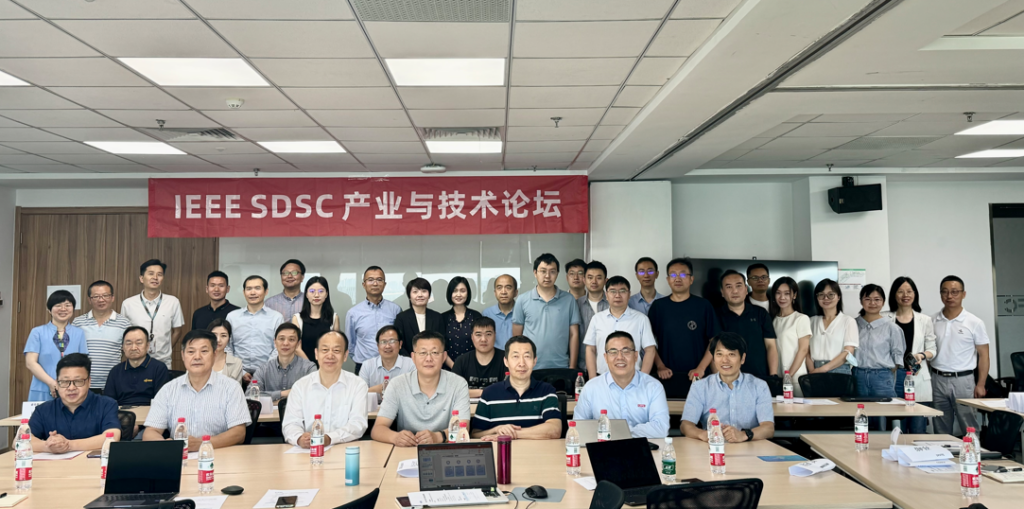 At the beginning of the meeting, Dai Huafeng, head of research and development in Hefei, delivered a warm welcome speech. Leaders of Hefei Quality Supervision Bureau’s standards-related affairs spoke, expressing the congratulations of local governments on the implementation of international standards in Hefei, and once again showing the strong support of local governments for the development of high-tech industries.
At the beginning of the meeting, Dai Huafeng, head of research and development in Hefei, delivered a warm welcome speech. Leaders of Hefei Quality Supervision Bureau’s standards-related affairs spoke, expressing the congratulations of local governments on the implementation of international standards in Hefei, and once again showing the strong support of local governments for the development of high-tech industries.
Dr. Tao Hongzhi, Lenovo’s chief standardist, presided over the morning sub-forum with AIPC as the theme: Li Xuejuan, AMD’s R&D director, introduced AMD’s chip technology layout and development roadmap in the AI field. Sun Yu, Intel’s product director, explained Intel’s technical advantages in the AIPC field from the perspective of software layout. Hu Lulu, technical director of Alibaba Cloud IoT, introduced the device-side big model implementation solution. In terms of industry policies, technical standards, and countermeasures, Huang Yunxia, an expert from Tyre Lab, expounded the impact of AI technology on the whole industry ecosystem. Dr. Tao Hongzhi, chief standardist of Lenovo, introduced Lenovo’s planning and progress in AIPC standard layout from both domestic and international aspects. Chen Taogen, developed by Lianbao Hefei, proposed an energy efficiency design plan for the high energy consumption of large model applications.
The afternoon sub-forum was chaired by Dr. Chen Canfeng, a standard expert from Xiaomi Industry Standards Research Department. It focused on the theme of “Evaluation of Image Quality of Mobile Terminals”. Experts from China Academy of Metrology, China Institute of Standardization, Tsinghua University, China Academy of Information and Communications Technology (CAICT), and Xiaomi were organized. This paper discusses the image quality consistency standards of multi-camera equipment and system from different dimensions such as metrological traceability of image quality evaluation, ergonomics related to image quality evaluation, imaging simulation principle, camera industry chain and multi-camera application scenario. Participants agreed that with the development of multi-camera smart terminals and computing photography, the demand for joint use of multiple cameras by end users will widely cover all scenes of people, vehicles and homes. Therefore, it is necessary to study the image quality consistency evaluation criteria in multi-camera scenarios. To further improve the user experience of products and services in the smart image industry and promote high-quality development of the industry.
Currently, AI has entered thousands of industries, affecting all aspects of smart devices. For this, SDSC Chairman Liu Xiaohui made a concluding speech on the AI terminal ecosystem and expressed his optimistic and open attitude towards promoting AI standards at IEEE SDSC. Experts at the meeting also expressed the need to actively participate in the next stage of standard planning activities and explore more opportunities for standard cooperation.



